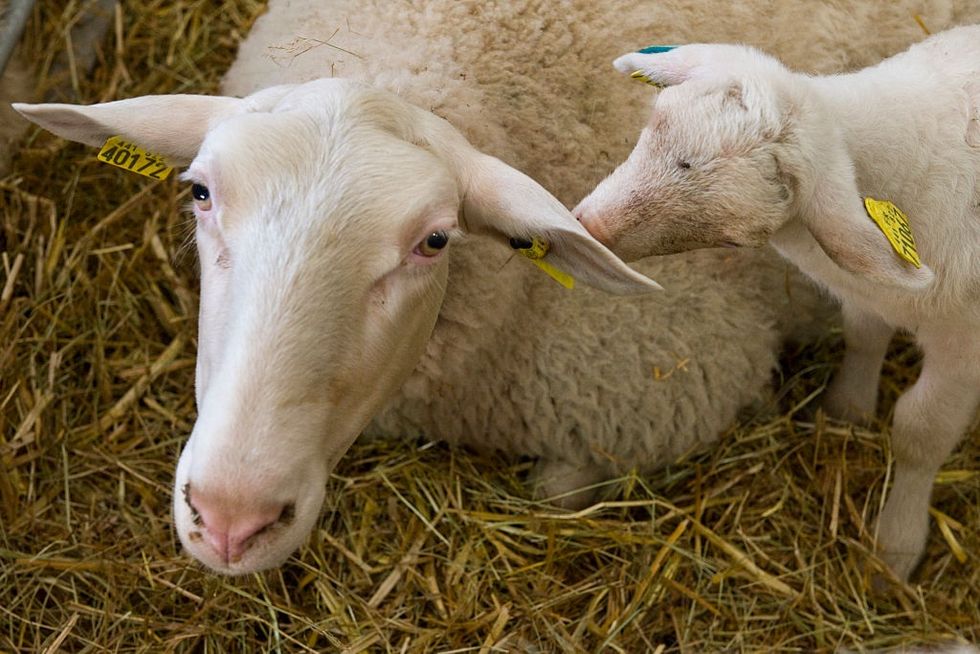Luigi Farina’s high-tech breeding farm
An experience making the difference in Italian pastoralism tradition

Claudia Astarita
Amo l'Asia in (quasi) tutte le sue sfaccettature, ecco perché cerco di trascorrerci più tempo possibile. Dopo aver lavorato per anni come ricercatrice a New Delhi e Hong Kong, per qualche anno osserverò l'Oriente dalla quella che è considerata essere la città più vivibile del mondo: Melbourne. Insegno Culture and Business Practice in Asia ad RMIT University, Asia and the World a The University of Melbourne e mi occupo di India per il Centro Militare di Studi Strategici di Roma. Su Twitter mi trovate a @castaritaHK, via email a astarita@graduate.hku.hk
Read MoreLuigi Farina is the most high-tech shepherd in Italy. He lives in Albinia (Grosseto) and his breeding farm is very unique. Sheep graze in an open space, they eat grass the whole year and they are milked via computer.
Located on the Maremma, Luigi's business is very unusual. In fact, it is common to see chips and computer-managed activities in bovine animal farms but not in sheep's ones. Nevertheless, these tools are very useful in livestock and they can help the breeder a lot. Farina understood this concept very well and he has provided each of his sheep with a microchip. The latter gives information on the health of the animal, its life, the births it has done so far, and on when to milk it.
The computer system leads the sheep into different directions. After counting them, the animals are separated according to the specific activities. For instance, if they are well, they are led to the milking area but, if they are unwell, they go to the quarantine zone.
The technological software to manage the breeding farm was imported from Israel, where it is very popular on big farms. As a matter of fact, these innovative tools allow great savings of economic resources, a reduced environmental impact and less stress for animals. Besides being a great lover of technological tools, Luigi Farina does also recognise the importance of tradition and environmental sustainability in his job. In fact, Mr Farina is able to produce organic fodder, with very little water and materials derived from renewable sources. A good quality fodder allows a high-quality milk production that wants to be more and more organic, recently defined as "ultra-organic".
Notwithstanding the high level of technology characterising Farina's livestock management, his attention is always devoted to tradition in order to produce excellent products mirroring a great territory.
Follow @castaritaHK

